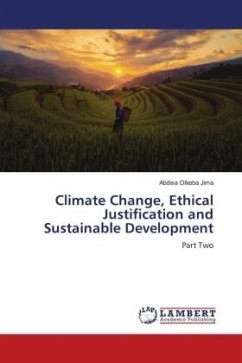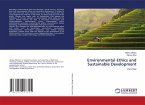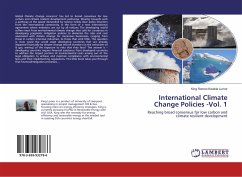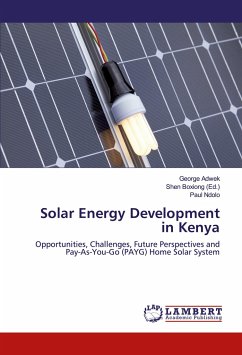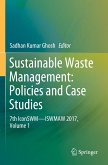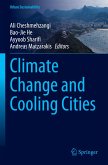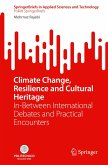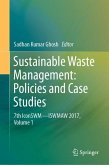This book continued from the previously published books entitled environmental ethics and sustainable development. The previously published book, part one navigates from chapters one to three. On the other hand, this book has come with chapters four and five. Chapter four deals with an overview of international practices of environment ethics ranging from Rio to Mexico discussions-the Rio discussion on climate change and questions of ethics, Kyoto protocol on climate change and its ethical justifications, Bali roadmap on climate change, Copenhagen discussion on climate change and questions of ethics, Mexico discussion on climate change and questions of ethics, and Durban discussion on climate change and questions of ethics. Chapter five tries to present the environmental problems in Ethiopia. It focuses on the historical development of environmental policies, strategies, laws, and institutions in Ethiopia during the three governments such as Emperor Haile Selassie, Derg, and Post-1991 in Ethiopia. It also discusses the Mainstreaming Environment Ethics issue (Ethiopian Environmental Protection Authority, and environmental policies, laws, rules, and regulations in Ethiopia today).
Bitte wählen Sie Ihr Anliegen aus.
Rechnungen
Retourenschein anfordern
Bestellstatus
Storno

